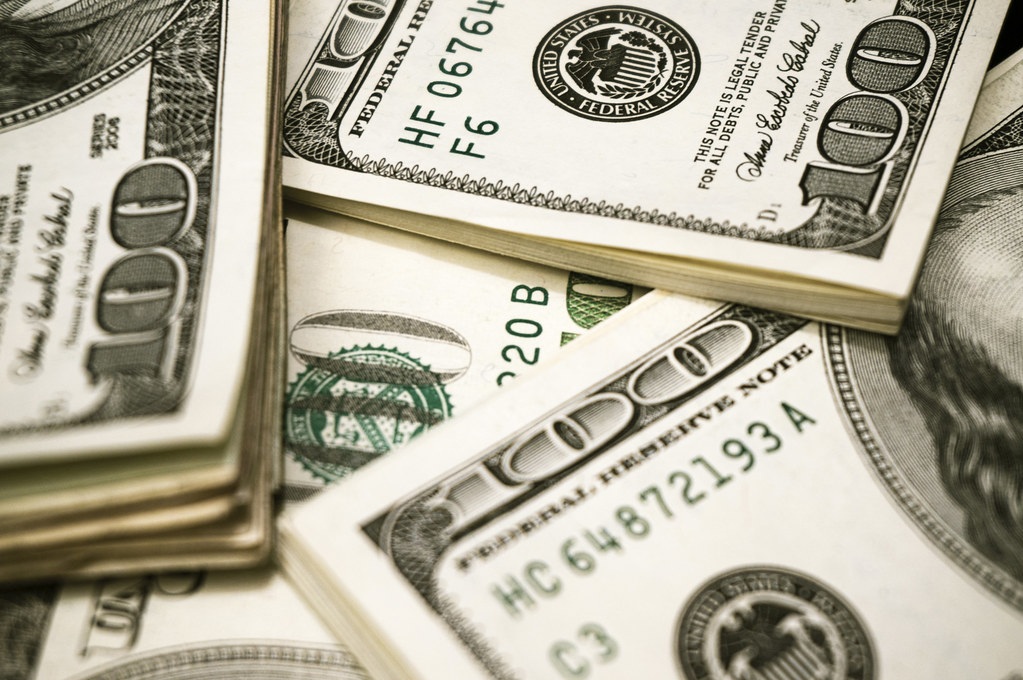


How long will the US continue to insist on its system of privatized gains and socialized losses?
Since Silicon Valley Bank (SVB) went belly-up on March 10th, the economy-wide repercussions have yet to be felt. SVB was the 16th largest in the US. Some analysts have blamed the US Federal Reserve for raising interest rates, which depressed the value of already-existing US Treasury bonds. Like many banks, SVB invested in these bonds as an allegedly low-risk way to store and grow their assets.
President Biden has rushed in with a solution: offer FDIC insurance, even for funds exceeding $250,000, to prevent further bank runs by creating total trust between bankers and their high-rolling customers. The percent of depositors with less than $250,000 held at SVB was reportedly in the single digits. Surviving on huge, uninsured accounts from tech startups rendered the bank especially vulnerable.
Critics point out that by insuring deposits of any size, the government unleashes the most unwise and idiotic impulses of bank managers by suddenly rendering them responsible to nobody. Insuring deposits in excess of $250,000 does not make much difference to everyday working people. But the wealthy entrepreneurial class of the tech sector, SVB’s acknowledged clientele, have breathed a collective sigh of relief.
While SVB lacked the many links to larger banks, the web of “systemic importance” informing the 2008 financial collapse, its deep involvement with the tech sector has lent its collapse a greater degree of narrative-setting importance, frightening shareholders across the industry. The tech sector is notoriously incestuous and tight-knit.
On March 13, SVB went into receivership, and regulators have reorganized it into a successor institution, Silicon Valley Bridge Bank, N.A. They also seized Signature Bank of New York and extended new lines of credit to midsized banks in the most aggressive financial action since 2008.
When the federal government bails out too-big-to-fail financial institutions, as it’s done before, it arguably only redistributes risk to the taxpayers as a whole – i.e. to ordinary people, instead of a parasitical elite whose irresponsible games continue to tank banks, every few years, before they inevitably demand taxpayer help.
Progressive icon Sen. Bernie Sanders (I-Vermont) blamed Trump-era deregulation for the collapse, in a poignant March 12 press release:
“Now is not the time for U.S. taxpayers to bail out Silicon Valley Bank. If there is a bailout of Silicon Valley Bank, it must be 100 percent financed by Wall Street and large financial institutions. We cannot continue down the road of more socialism for the rich and rugged individualism for everyone else. Let us have the courage to stand up to Wall Street, repeal the disastrous 2018 bank deregulation law, break up too big to fail banks and address the needs of working families, not the risky bets of vulture capitalists.”
Given President Biden’s track record vis-a-vis the country’s predatory business elite, it’s sadly unsurprising that Sanders’ plea fell on deaf ears.
Nor should we be surprised that the very same Silicon Valley Bank had led the successful lobbying effort in Washington culminating in the aforesaid 2018 deregulation. Less oversight of midsize banks, those with assets between $50 billion and $250 billion, presaged the fall of SVB, Signature Bank and more to come.
As of March 16, First Republic Bank is in a downward spiral and is reportedly weighing a possible sale, as the six biggest Wall Street firms report a $165 billion loss for the month.
Shares of global lending giant Credit Suisse hit record lows on March 15, leading the firm to borrow $54 billion from the Swiss National Bank, who offered to buy back $3 billion of the company’s debt. John Wylie, the company’s former head of investment banking, opined that “Credit Suisse is an epic tale of mismanagement at the global level.”
Some oppose government action merely because it is “government.” But instead, we must strive to achieve a different government; a government of action for working people, one that will force banks to serve the common interest, punish financial criminals, and enact the deep and systemic reforms our country will need to thrive, or even to survive.